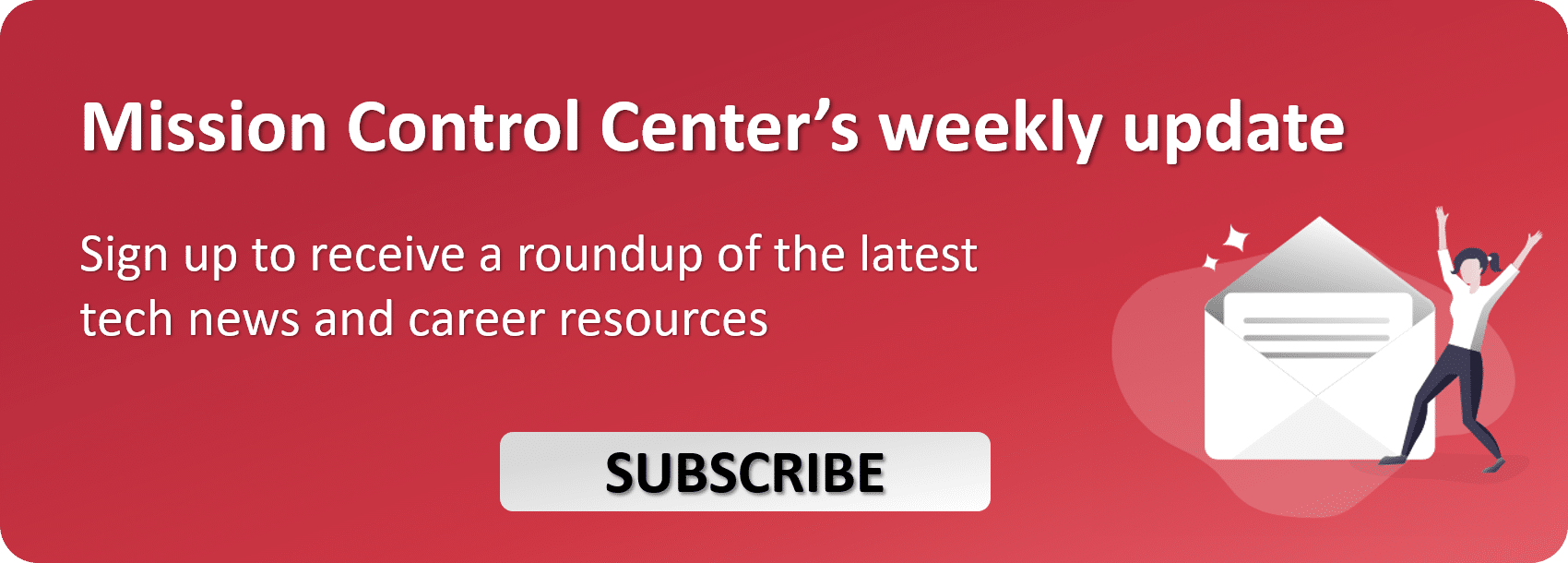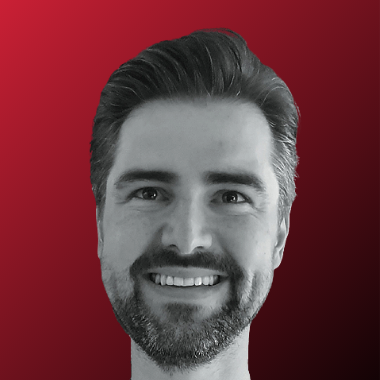The second part of our interview with Microsoft cloud solution architect Wesley Backelant, in which he talked about his role, what the job entails and what’s ahead for the cloud industry.
A Microsoft insider, Wesley Backelant is a Belgian cloud solutions architect who works together with the company’s customers to engineer and deploy impactful data and advanced analytics projects. Among other things, Wesley is an expert on the various components of the Azure AI platform. He is also a frequent speaker at numerous community events and regularly shares Azure news and tips.
🔊 Check out the first part of the interview if you missed it.
Interview with Wesley Backelant: What part of being a cloud architect at Microsoft do you enjoy the most?
There are a couple of aspects that make it very interesting to me, personally. One of them, and that’s probably one of the benefits of being at a company like Microsoft, is leading the space in terms of innovation and cloud. You are at the forefront of technology, and that’s what I like. I like new stuff. Every time I get to learn something new, I see it as an incredible challenge, and I really love doing these things and getting my hands on new stuff and new technologies. That’s what drives me from a technological standpoint.
But the other thing that I really like about being in the data and BI space is that it puts you in a position where you are not just talking about technology, you’re also talking about business and societal outcome. One of our customers, for example, is in the public transportation space, and the fun part there is that, when you do something that’s innovative with them, you know that it´s going to have an impact on people and that it’s going to improve the experience of a hundred thousand or millions of people. To me, that’s one of the more rewarding parts of my job. Seeing a project succeed is fun, but seeing it drive real impact is the real deal.
At the technical level, what do you love most doing as part of your job?
Making it all work together. Azure is a continuously evolving platform. New things pop up all the time. Figuring out where all those things fit together and how you can make things more efficient and cost-effective is one of the role’s key drivers and, honestly, quite fun. Matching what we deliver as a technology to something that can actually provide value to the customer by leveraging existing building blocks.
Also, coding is not so much part of my job officially, but it’s still something I love to do, because it’s quite tangible. You get to see the result pretty immediately, and that’s a lot of fun.
Join our community and find your next job or expert in IT
What tools do you like using the most?
I would be obliged to say Azure SQL Database is my favourite tool, as SQL is my old love, but that wouldn’t be entirely fair, especially, if you look at what we’re doing today with open source. I’d like to split my answer between cloud and open source.
Containers and Kubernetes are clearly changing the way people are building software these days. I talk a lot with start-ups and partners, and pretty much all of them are building stuff based on containers and mostly Kubernetes as an orchestrator. It’s impressive to see what the impact of these tools has been in the relatively little time that they’ve been around for. We are also seeing them as a big foundation for our own services.

Then there’s open source. For example, something people sometimes forgets is that, whenever you have a service that has to run in production, you need proper monitoring and alerting. It’s not the most fun part of building a solution, but it’s one of the most crucial steps when you want to do something seriously. We have Azure Monitor, which is a great tool that I strongly recommend, but at the same time, I’m a huge fan of open-source solutions like Prometheus and Grafana. Luckily, they have integrations with Azure Monitor, so that makes them even more interesting. What amazes me of the open-source world is the community, and the power of the community, how the community sets the direction in a lot of ways. Even the big players follow the direction set by the community. That’s quite nice to see.
As a data expert, what’s the biggest issue you are seeing with data these days?
I think we all know the challenges from a more technical point of view, so data quality, governance, etc, to me things that between quotes we can easily solve with technology. But one of the biggest challenges I see with customers is being more data-driven. It sounds like a marketing term, but it really is not.
I really believe most companies are aware there’s a lot of value in the data they have, in applying machine learning or even good reporting. But getting into thinking what’s the difference I can make with this data, and do I have the proper environment and organisation in place to really benefit from it? That’s where I still see a lot of companies struggle. If I were a c-level person, that’s probably the question I would ask myself – are we organised to benefit from all the data and what it can bring to our company? Becoming data-driven is more than just saying you are data-driven. It also means having a proper organisational structure in place together with technology and tools.
Interview with microsoft Wesley Backelant: What’s next for cloud?
One of the things is that I still see too much of is that there’s still a strong focus on infrastructure. I still see a lot of IT departments that can tell you what server or specific IP address is hosting an application or service.
Things can change, the infrastructure can scale in or out. It shouldn’t matter to you. I really believe that infrastructure part is one of the things will see disappearing over time. One of the best things about cloud is agility, and when people start really to adopt the whole serverless idea, and also DevOps as a philosophy, that’s the point where we’ll really see the whole power of cloud.
Secondly, at Microsoft we strongly believe in the intelligent cloud and edge. Bringing some part of that computing power, or at least how it works closer to where the data is, is definitely also an area where there is a lot of innovation happening these days. The big challenge is, obviously, making it all work seamlessly together. We are definitely doing progress there. But I still think there’s going to be a lot of new developments in this area still. And, thirdly, there is the abstraction of where things are running. If you look at tools like Azure Arc, basically, Kubernetes is having a big impact on that whole story. Being able to host your solutions be it on the public cloud, your own cloud or multiple clouds and having it all seamlessly work together from an operational standpoint and management point of view – that’s also where cloud is going.
Check out more of our interviews from our podcast episodes.
You can follow Wesley on Twitter and LinkedIn.
Also, make sure to check out his blog: My long term memory for data and development related information.
